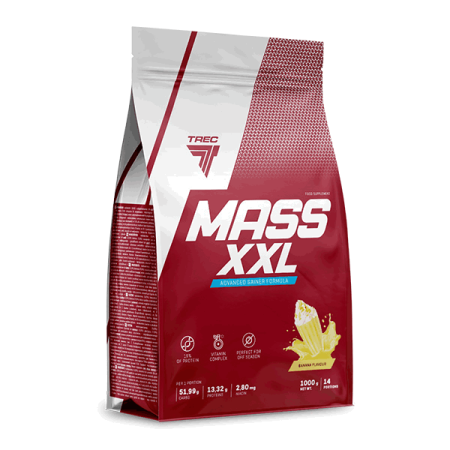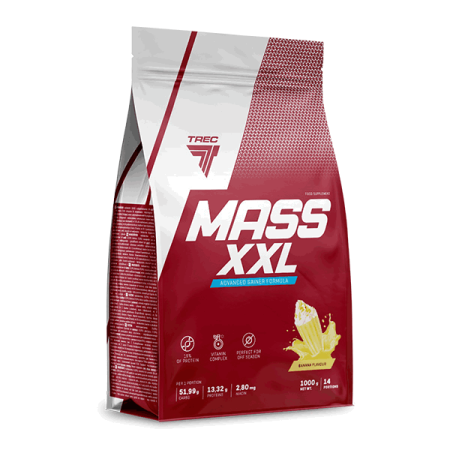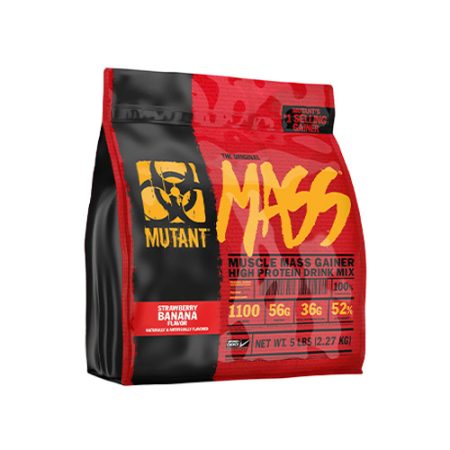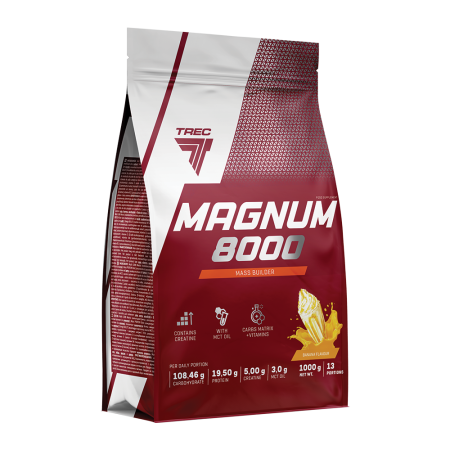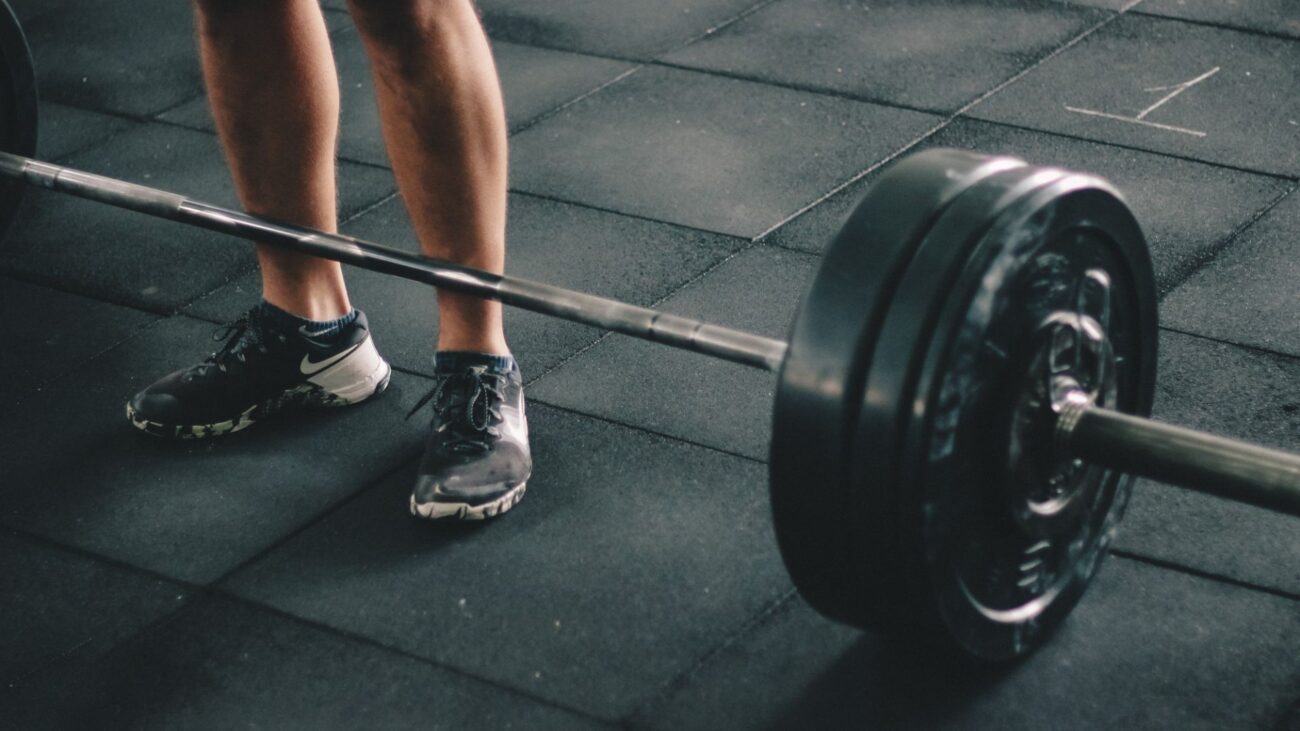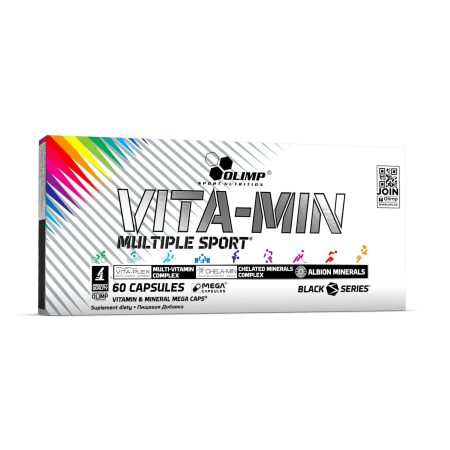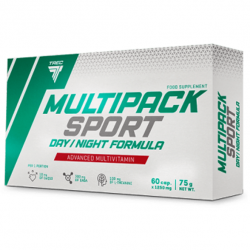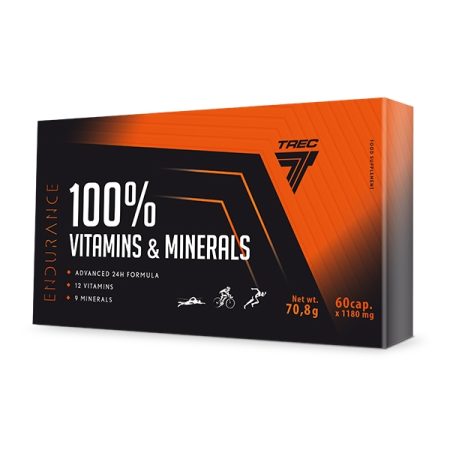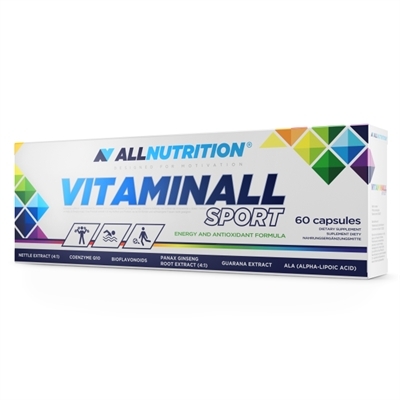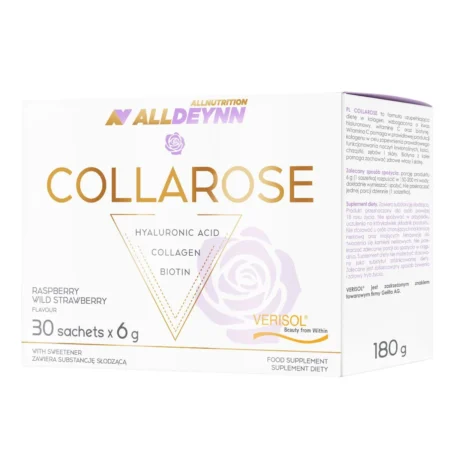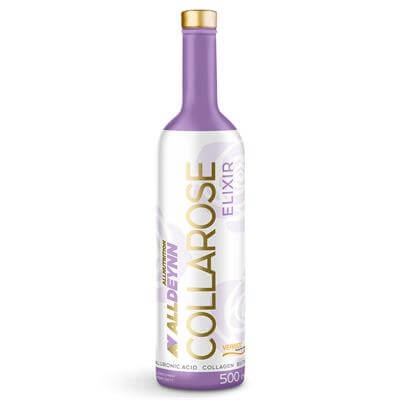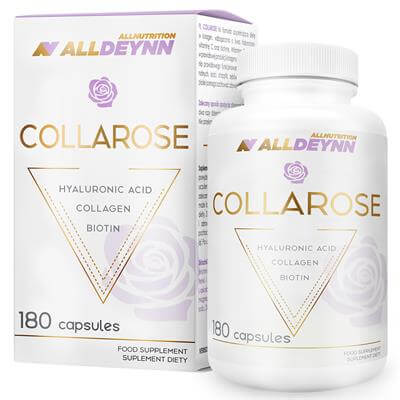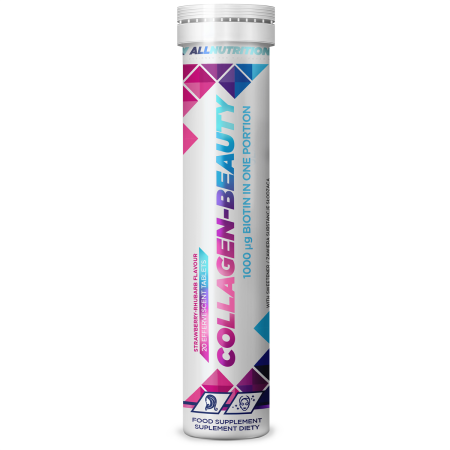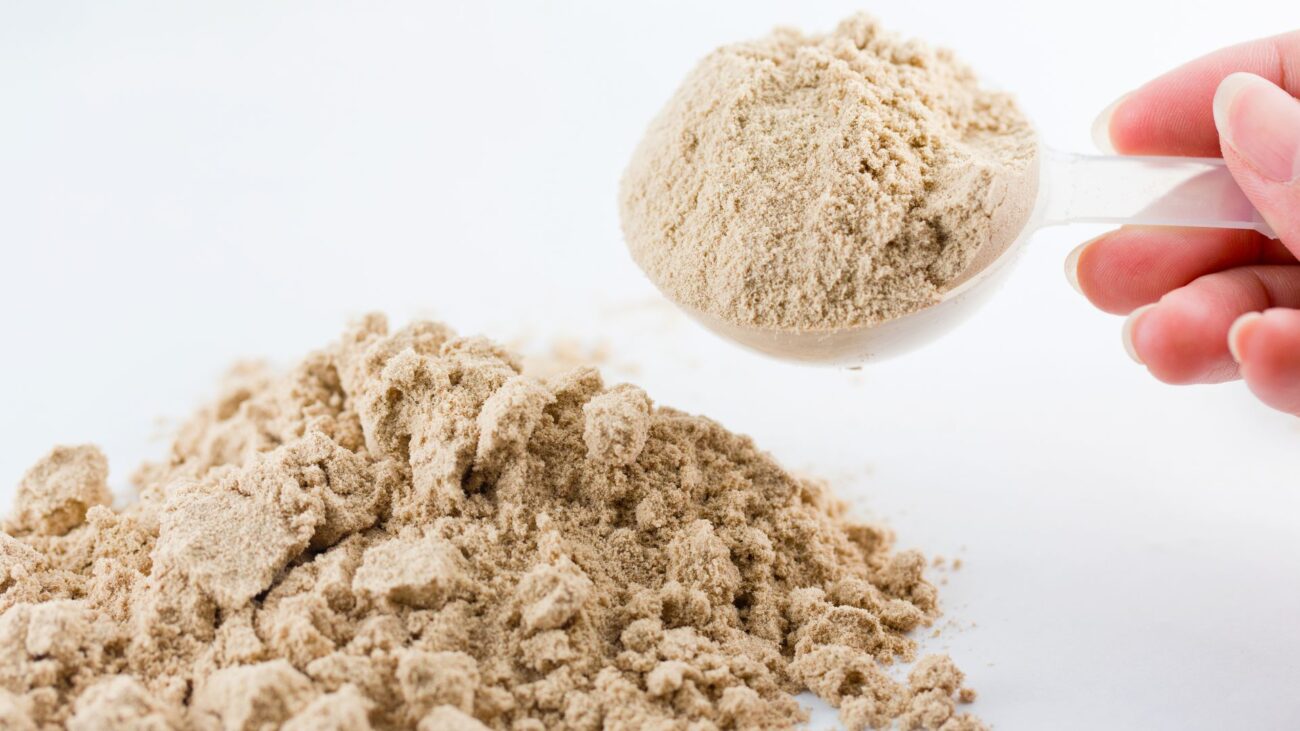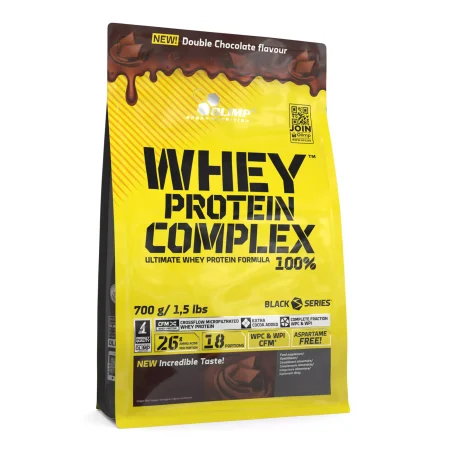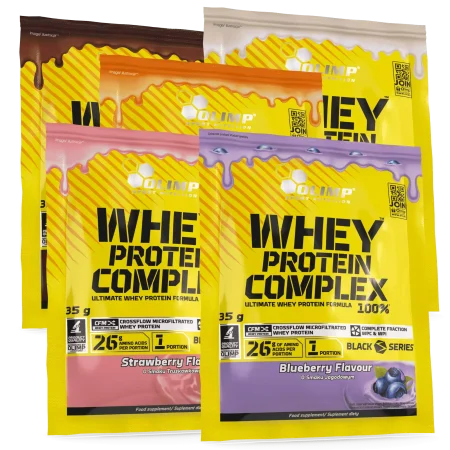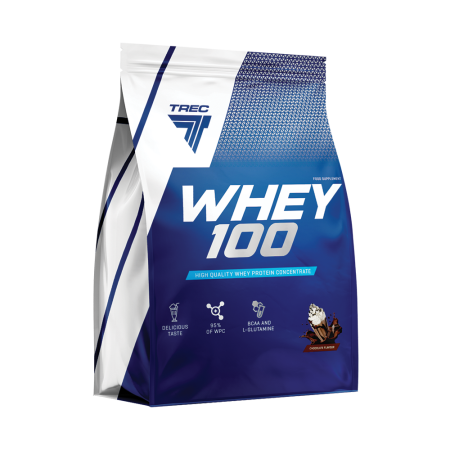When Should You Use a Muscle Mass Supplement for the Best Results?
Building muscle mass requires a well-thought-out approach, both in terms of training and diet. Often, a diet alone may not be sufficient, especially if the goal is rapid muscle growth. In such cases, muscle mass supplements like gainers, protein supplements, and combined supplements can be helpful.
What Are Muscle Mass Supplements?
Muscle mass supplements are products designed to provide essential nutrients to support the muscle-building process. They usually contain a mix of proteins, carbohydrates, fats, and additional ingredients like creatine, vitamins, and minerals.Types of Muscle Mass Supplements:
- Gainers: High in carbohydrates with a moderate amount of protein, ideal for individuals who struggle to achieve a calorie surplus.
- Protein Supplements: High-protein products (WPC, WPI, casein) that aid in muscle recovery and protein synthesis.
- Combined Supplements: Products that include proteins, carbohydrates, and additional components such as creatine or beta-alanine to support muscle growth.
When Is the Best Time to Use a Muscle Mass Supplement?
To achieve optimal results, muscle mass supplements should be consumed at specific times of the day to make the most of their potential. Below, we discuss the key times when supplementation can offer the most significant benefits.1. Immediately After a Workout
One of the best times to take a muscle mass supplement is right after a workout, during the so-called anabolic window. This is the period of about 30-60 minutes after exercise when the body needs nutrients the most for recovery and muscle rebuilding.Why Does This Work?- After an intense workout, muscle glycogen levels are depleted. Consuming a gainer helps quickly replenish glycogen stores.
- The high availability of protein at this time accelerates protein synthesis, aiding in muscle recovery and growth.
- Creatine in muscle mass supplements helps replenish phosphocreatine stores, preparing the muscles for the next training session faster.
2. At Breakfast or After a Long Break
Taking a muscle mass supplement at breakfast or as the first meal after an overnight fast is another excellent option. After a night’s rest, the body is in a catabolic state, which means it starts to use protein reserves from muscles as an energy source.Benefits of Morning Supplementation:- It speeds up anabolic processes, preventing muscle catabolism after an overnight fast.
- It provides easily digestible protein that quickly reaches the muscles, supporting recovery.
- The high carbohydrate content in gainers energizes the body at the start of the day, which is especially beneficial before morning workouts.
3. Before Bed – Slow-Digesting Proteins
Consuming protein supplements, especially those containing slow-digesting casein, before bed can be an effective strategy for supporting muscle growth.Why Use Protein Before Bed?- Casein releases amino acids into the bloodstream gradually throughout the night, ensuring a continuous supply of protein to the muscles.
- It prevents muscle catabolism, which can occur during a long period without food.
- It aids in muscle recovery during sleep, which is crucial for muscle growth.
4. During Intensive Training Cycles
During periods of particularly intense training, such as a bulking cycle, it’s advisable to increase the intake of muscle mass supplements to support the body in recovery and muscle building.Advantages of Supplementation During a Bulking Cycle:
- An increased calorie intake helps achieve a calorie surplus necessary for building muscle mass.
- Providing high-quality protein and carbohydrates supports recovery and reduces the risk of overtraining.
- Creatine in muscle mass supplements boosts muscle strength and endurance, leading to better training performance.
How to Dose Muscle Mass Supplements?
Proper dosing of supplements is key to achieving the desired effect without excessive fat gain. Here are some general guidelines:- After Training: 1 serving (about 40-60 g of gainer or 20-30 g of protein).
- At Breakfast: 1 serving of gainer as an addition to the meal, especially if you struggle to consume enough calories.
- Before Bed: 20-30 g of slow-digesting protein, such as casein.
- During Intensive Training Cycles: Depending on your calorie needs, you can increase intake by 1-2 extra servings per day.
Summary – How to Maximize the Potential of Muscle Mass Supplements?
To get the best results from using muscle mass supplements, keep a few important principles in mind:- Always tailor your supplementation to your diet and training goals – gainers work best with a fast metabolism, while protein supplements are suited for higher protein needs.
- Ensure an adequate calorie surplus – without it, building muscle mass will be difficult.
- Use supplements at the right times – after a workout, at breakfast, and before bed are the best times for consuming muscle mass supplements.
- Remember that supplements are only an addition to your diet, not its foundation. Consult a sports nutritionist to adjust your supplement plan to your individual needs and fully utilize their potential in building muscle mass.
2024-11-27


